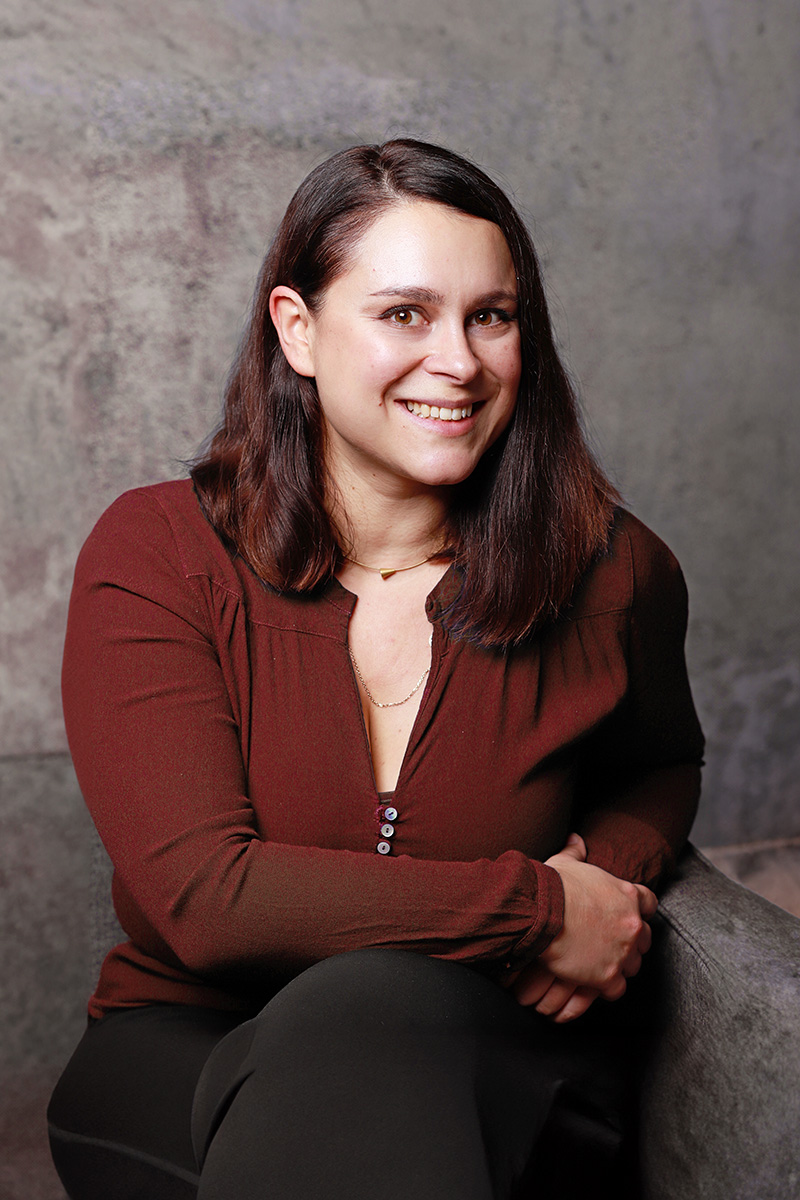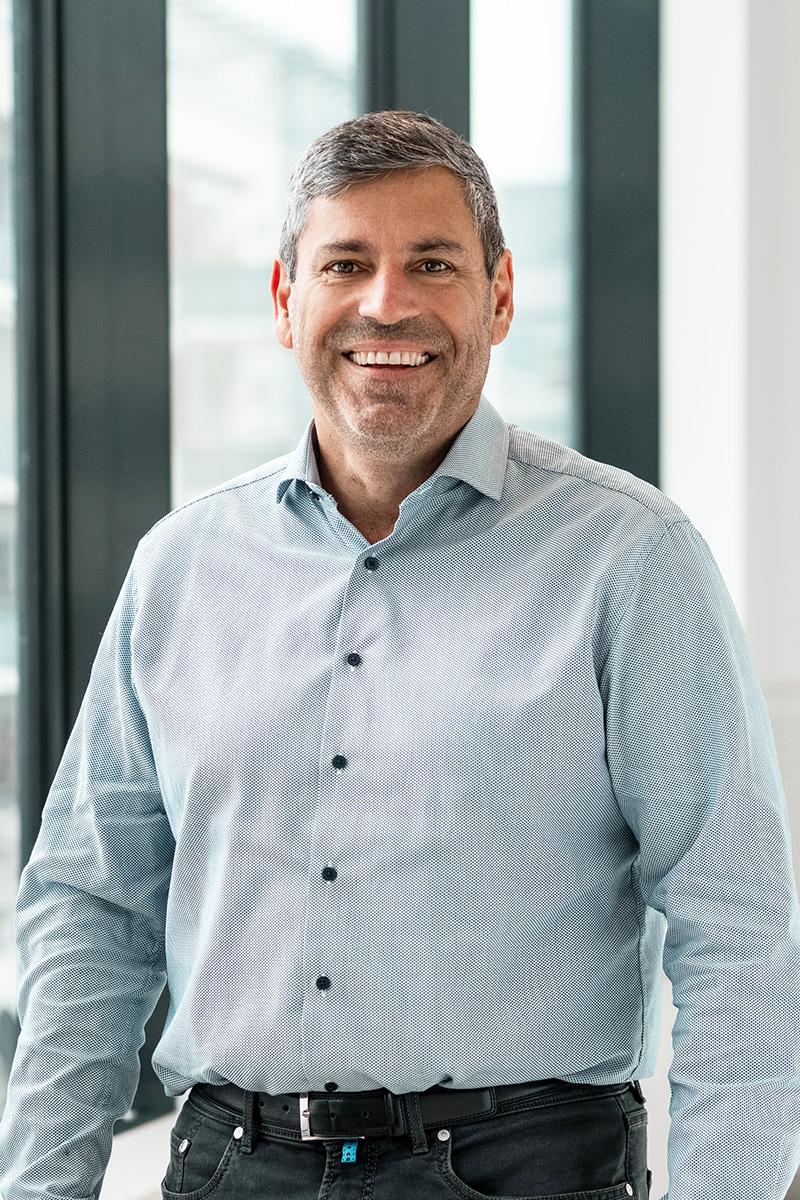Blogbeiträge, News & Veranstaltungen
Aktuelles
Ob Interviews mit unseren Expert:innen, Blogbeiträge von unseren Mitdenker:innen oder Veranstaltungen, an denen wir zeitnah teilnehmen – hier findest Du alles, was uns aktuell beschäftigt.
Leider haben wir nichts passendes gefunden. Versuch es bitte nochmal mit einer anderen Kategorie

